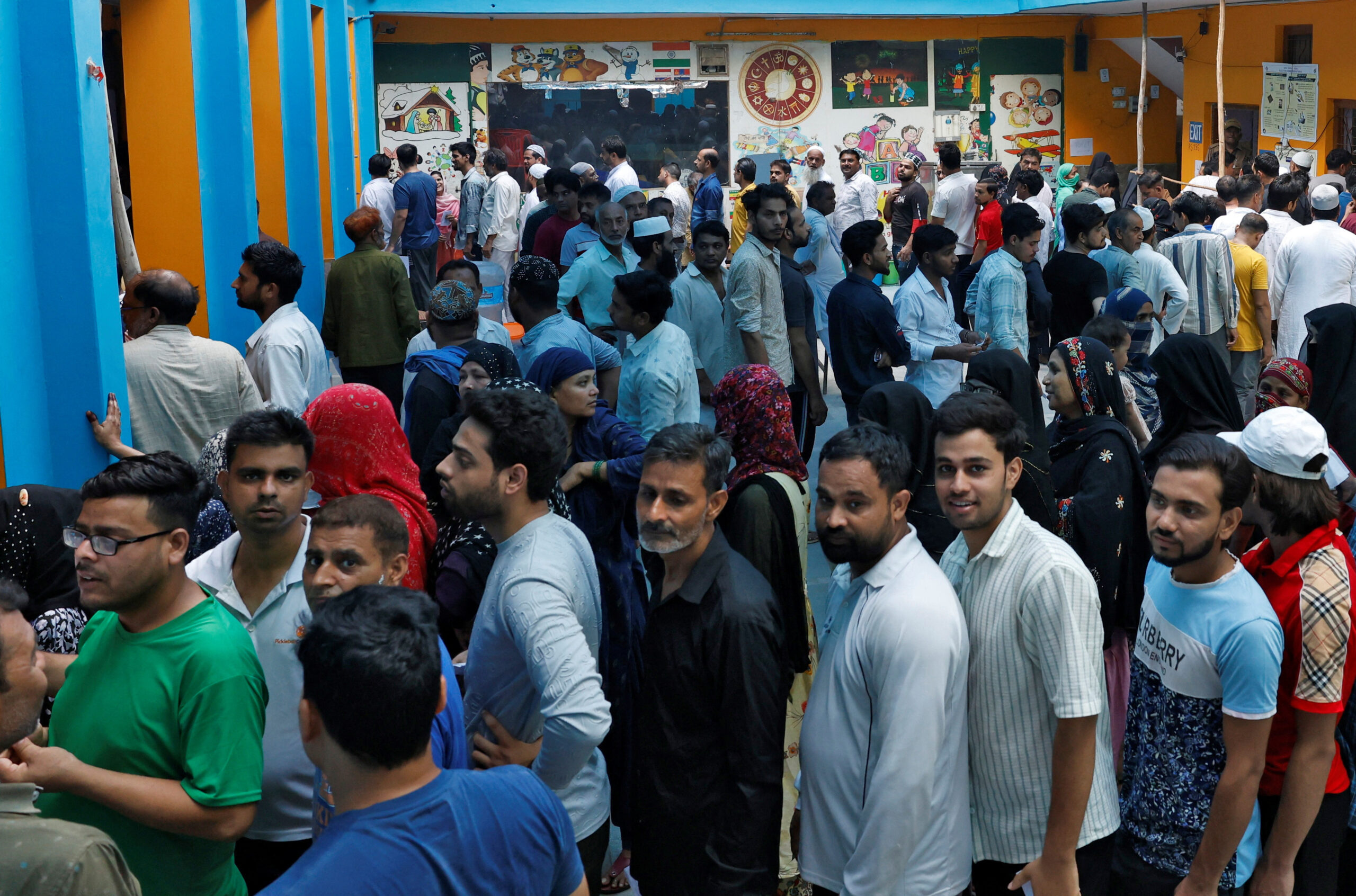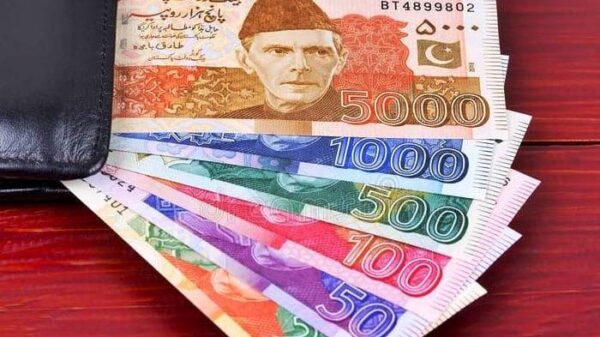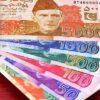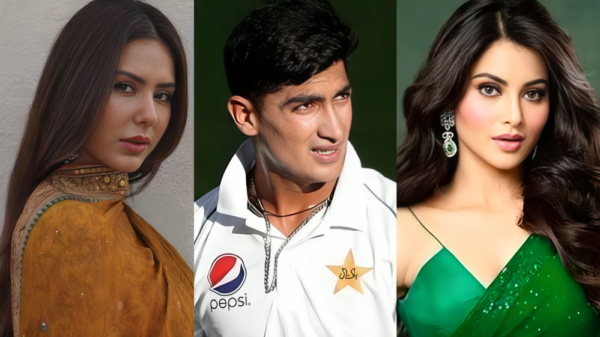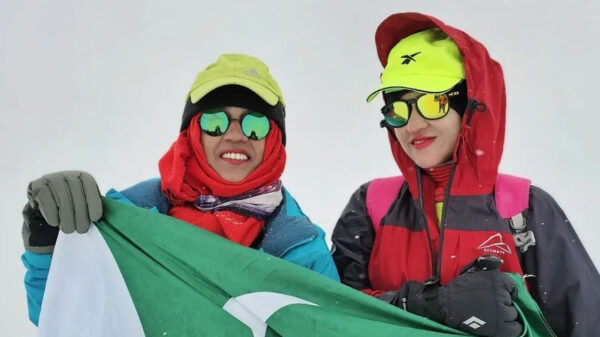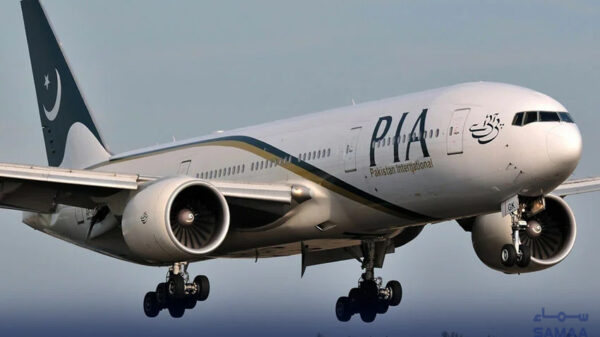Hindu-Muslim Riots
NEW DELHI: Suhel Mansuri, still bearing the scars of the Hindu-Muslim riots that ravaged his district in India’s capital in 2020, cast his vote in Saturday’s national elections with a fervent desire for “peace and brotherhood” amidst escalating divisive religious rhetoric.
During the riots, Mansuri and his brother were cornered by a mob in Delhi’s densely populated district, enduring brutal assaults with iron rods and bricks that left them with multiple bone fractures.
The violence claimed the lives of at least 53 people, predominantly Muslims, and left over 500 injured as clashes engulfed the streets for days, characterized by sword and gun attacks, and arson.
“I don’t want anyone to endure such suffering ever again,” expressed Mansuri, a 29-year-old Muslim entrepreneur running a small clothing business in Mustafabad. “People forget our shared humanity when swayed by hateful speeches.”
Religious and inequality-based rhetoric has loomed large in India’s extensive seven-phase voting process leading up to June 1, with Prime Minister Narendra Modi’s Hindu-nationalist Bharatiya Janata Party (BJP) facing criticism for allegedly targeting minority Muslims in its campaign.
Despite the BJP’s electoral victories in the Northeast Delhi constituency in the past two national elections, Mansuri remains skeptical, stating, “I want to vote for peace and brotherhood. It’s unlikely the BJP will garner much support here,” sentiments echoed by voters in Mustafabad, including some Hindus.
In nearby Jaffarabad, Muslim shopkeeper Wasim Raja expressed concern over inflation’s impact on his business, relegating the Hindu-Muslim issue to the background as he leans towards voting for Congress. However, he acknowledges the BJP’s likely victory.
Support for the BJP remains strong in Hindu-dominated neighborhoods, where voters applaud Modi’s leadership for boosting India’s economy and global standing.
As the elections unfold amidst lingering tensions and communal divides, voices like Mansuri’s underscore the pressing need for harmony and unity to heal the scars of past violence and build a more inclusive future for all Indians.
I am a dynamic professional, specializing in Peace and Conflict Studies, Conflict Management and Resolution, and International Relations. My expertise is particularly focused on South Asian Conflicts and the intricacies of the Indian Ocean and Asia Pacific Politics. With my skills as a Content Writer, I serve as a bridge between academia and the public, translating complex global issues into accessible narratives. My passion for fostering understanding and cooperation on the national and international stage drives me to make meaningful contributions to peace and global discourse.


